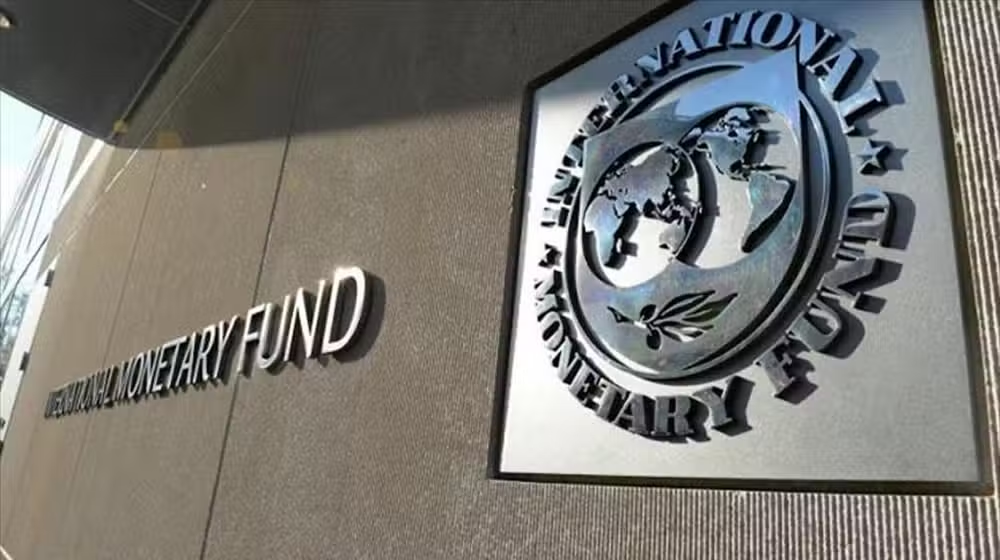Pakistan has successfully concluded negotiations with the International Monetary Fund (IMF), securing the release of a $1 billion tranche under the $7 billion loan program, without introducing a mini-budget before the fiscal year ends in June.
Officials from the Finance Ministry confirmed that the IMF mission, led by Nathan Porter, has expressed satisfaction with Pakistan’s fiscal management.
However, the global lender continues to emphasize the need for broadening the tax base, particularly in the retail, wholesale, real estate, and dealership sectors.
Lower Tax Collection Target & Taxation Measures
The Federal Board of Revenue (FBR) convinced the IMF to reduce the annual tax revenue target from Rs. 12,970 billion to Rs. 12,370 billion after demonstrating improvements in the tax-to-GDP ratio.
However, the IMF remains firm on:
- Eliminating tax exemptions for wealthy elites.
- Introducing an agricultural income tax on large landowners.
- Implementing a super tax on major industrialists.
- Expanding taxation in the services sector, including professionals.
To prevent capital flight and encourage domestic investment, the government proposed lower tax rates on property transactions.
The authorities have also committed to registering traders and enhancing taxation within the services sector.
Additionally, the IMF has insisted on stricter enforcement of the Point of Sale (POS) and Track & Trace systems to curb tax evasion, particularly in the retail industry.
The IMF negotiations will conclude with an Iftar dinner between Finance Minister Muhammad Aurangzeb and IMF officials.
Privatization of State-Owned Enterprises
The privatization of loss-making state enterprises was a key discussion point. The government has submitted plans to privatize:
Phase 1:
- Islamabad Electric Supply Company (IESCO)
- Faisalabad Electric Supply Company (FESCO)
- Gujranwala Electric Power Company (GEPCO)
Phase 2:
- Multan, Lahore, and Hyderabad electric companies
Additionally, Pakistan International Airlines (PIA) remains a top priority for privatization.
The final review report will be presented to the IMF Executive Board, which must approve the $1 billion disbursement.
With economic growth projected to exceed 4% next fiscal year, inflation expected to remain in single digits,mini-budget and external financial needs surpassing $20 billion, the government faces the challenge of balancing economic stability and reforms.


